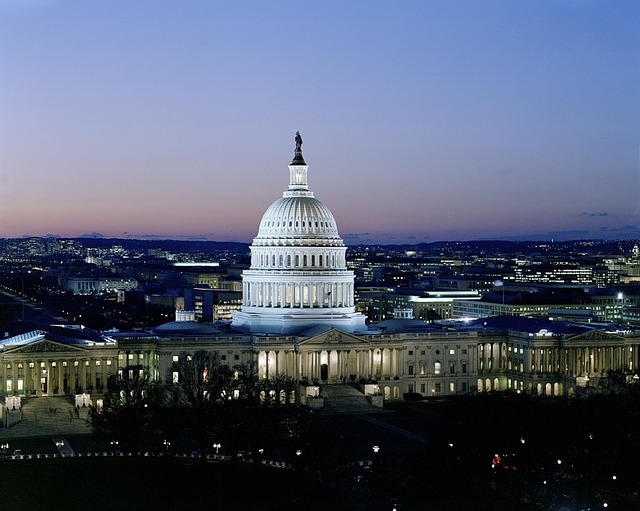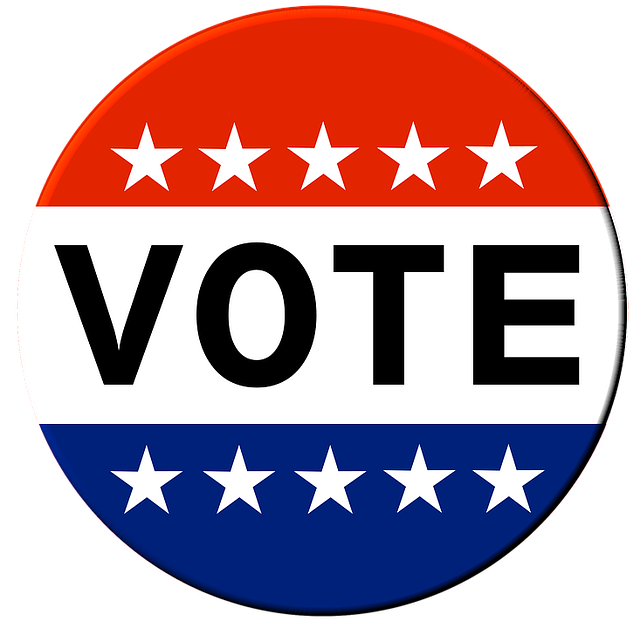Psychology Political Campaigns

Politics & Psychology
With tpolitics all around us, we thought it would be interesting to take a look at psychology’s influence in elections, by exploring the role of political psychology. Political psychologists study the bases and effects of political behavior using cognitive and social explanations, and this is applicable in a wide range of arenas and functions. In this post, we look specifically at political psychology within political campaigns. In this capacity, the role of the political psychologist is to determine public perception of the candidate for which they work, and how to turn this perception into one that incites people to vote for the candidate.
For example, some political psychologists are hired to devise strategies to counter smear campaigns and the spread of negative perceptions of the candidate. Perhaps you recall the islamophobia directed toward Obama and promoted by Obama’s various political opponents during his 2012 run for president. Why did this campaign not gain more traction? One large reason is because Obama’s campaign made extensive use of political psychology tactics, turning to a group of behavioral scientists (“the consortium of behavioral scientists”) (COBS) who offered advice on how to shape a favorable public perception of Obama. Among the advice given by the COBS was how to counter false rumors, like the one that Obama is a Muslim. Rather than denying the charge, the COBS instructed Obama to affirm the competing notion- that Obama is a Christian. This strategy is based on the idea that denial of a rumor works only in short term, but in the long term, it actually helps people to remember the original association. Thus, affirming “Obama and Christian” serves to dim the unwanted association of “Obama and Muslim” and strengthens the competing one.
If you are interested in becoming a political psychologist and work on political campaigns, you may first want to get experience working directly on a campaign as an intern or volunteer to see what different roles are available. If you still think working as a political psychologist within a campaign is right you, you could advance your career options by pursuing a master’s or PhD degree in political science, data science, or psychology. You could also apply to a program specifically designed for political psychology, such as the PhD degree offered by the Ohio State University. Also keep in mind that because campaigns rely heavily on data analysis, your job qualifications would be greatly enhanced with a strong quantitative or statistical background.

We hope you have enjoyed this week's post and it gives you an idea of yet another career possibility for those interested in psychology. Feel free to post your comments or questions below, we would love to hear from you!
Please note that the comments of Dr. Golding, Dr. Lippert and the others who post on this blog express their own opinion and not that of the University of Kentucky.
Want more?
Check out our website for more psychology related career information.
Learn how to succeed in college with Dr. Goldings blog.
Check out Dr. Lippert's website to learn about her interdisciplinary research.
Follow us on Twitter and Facebook